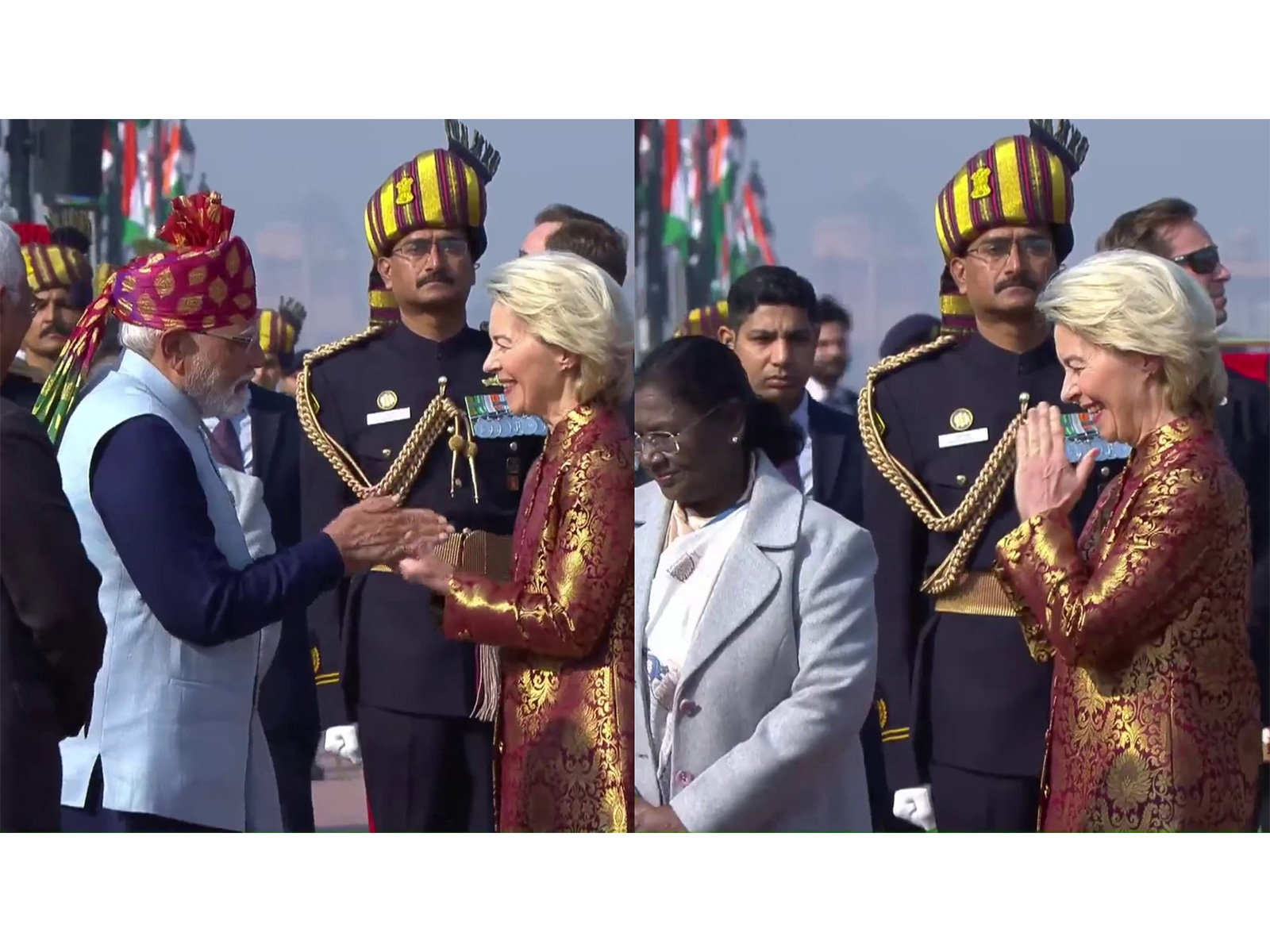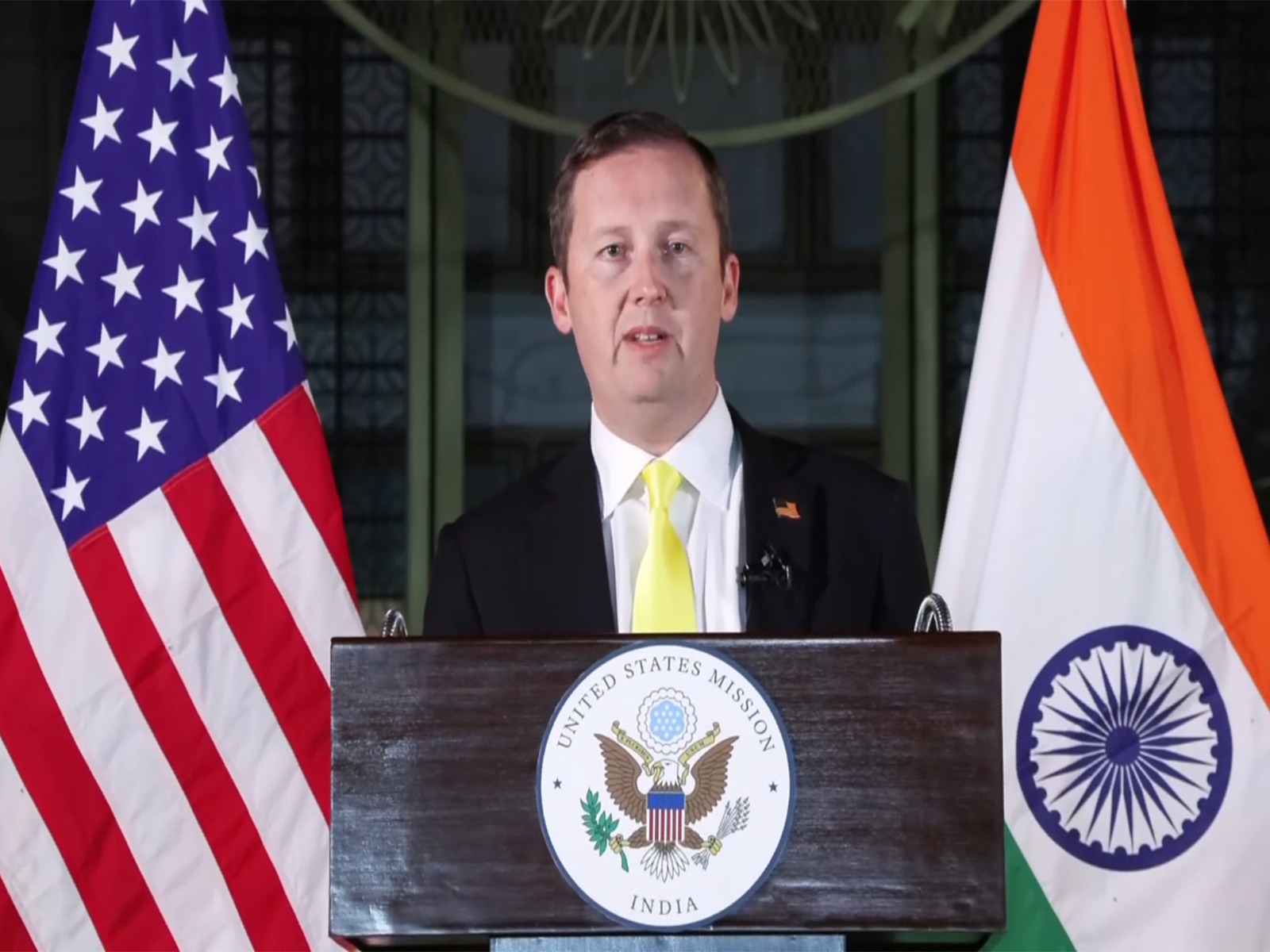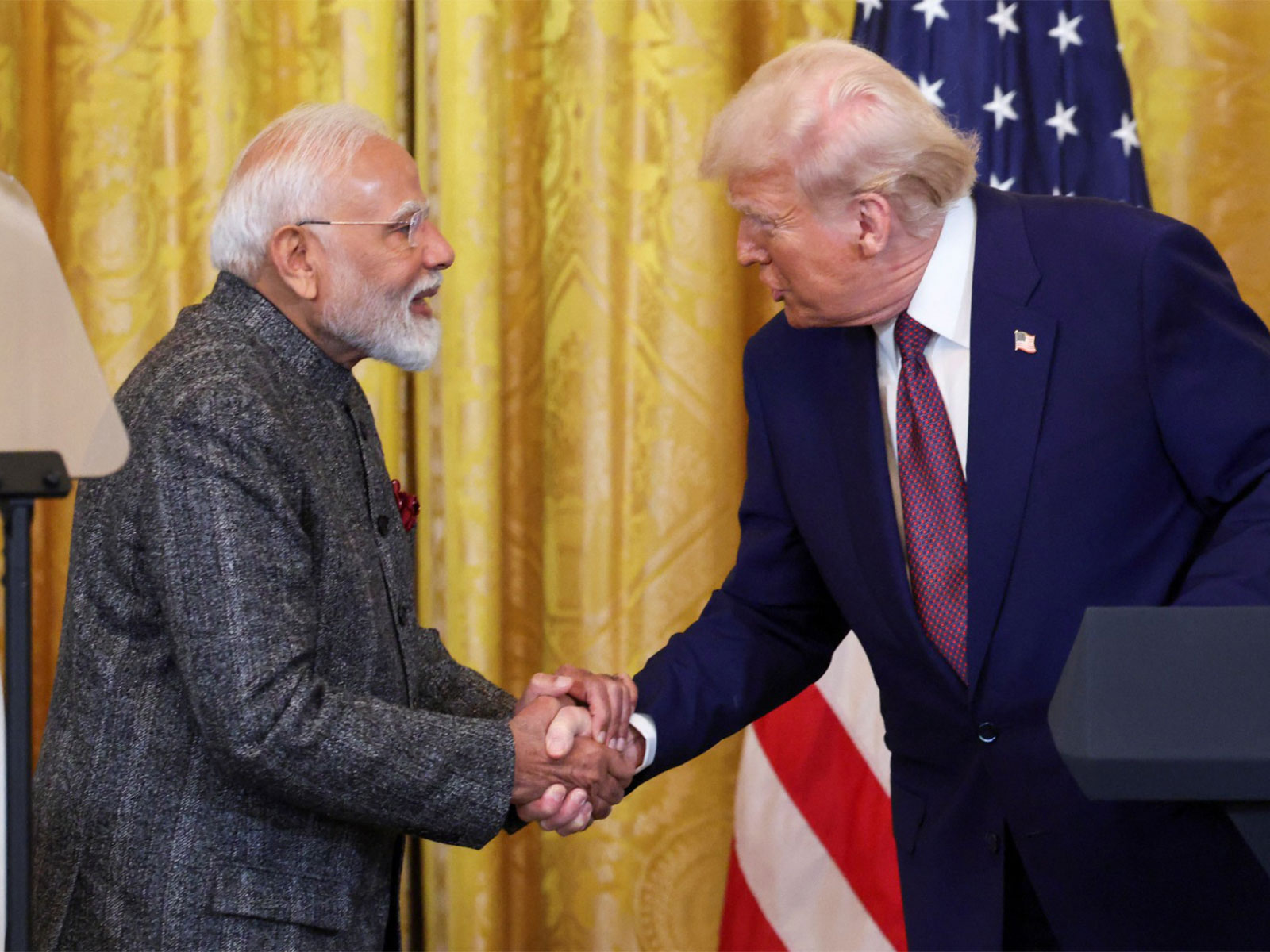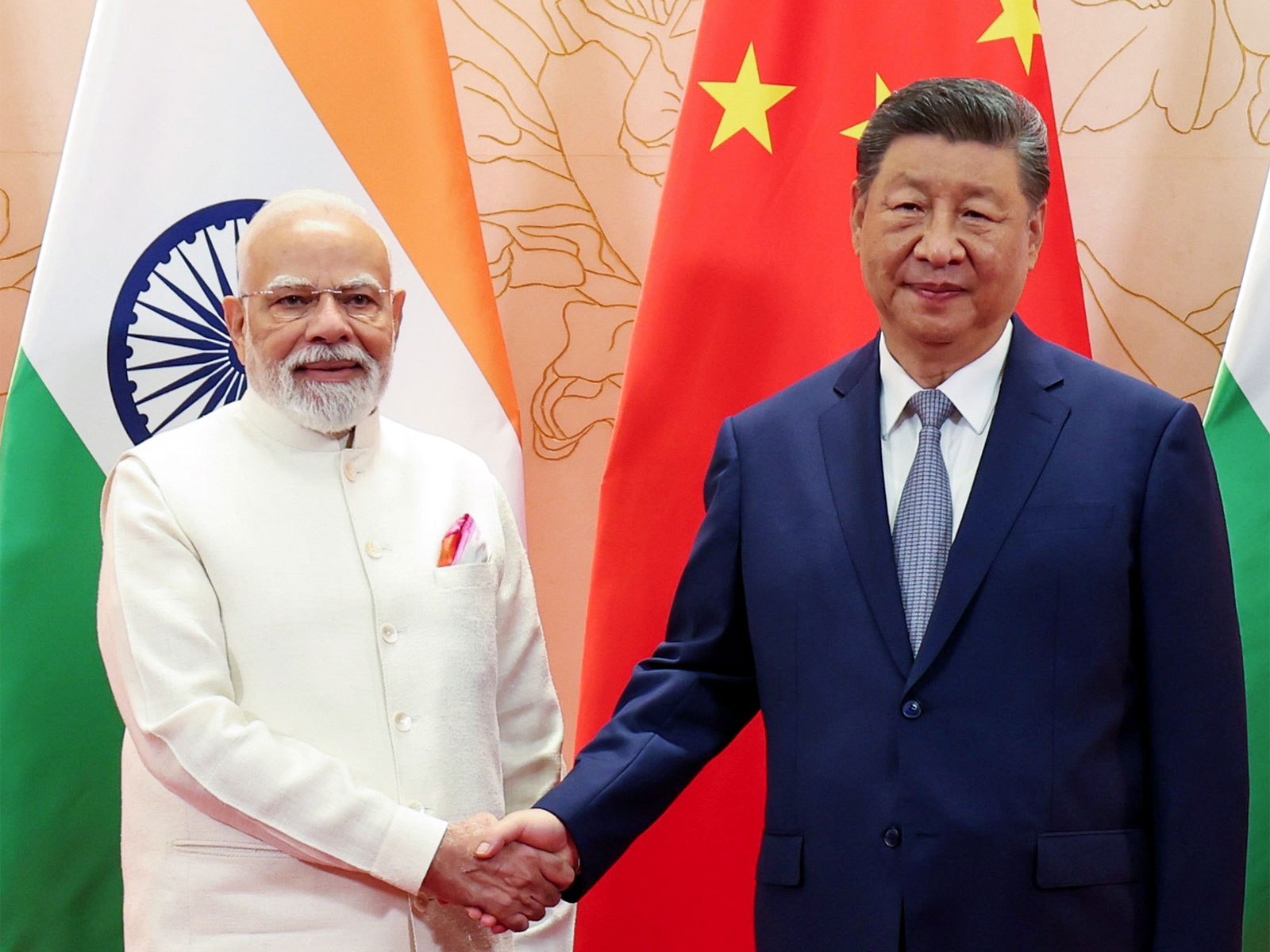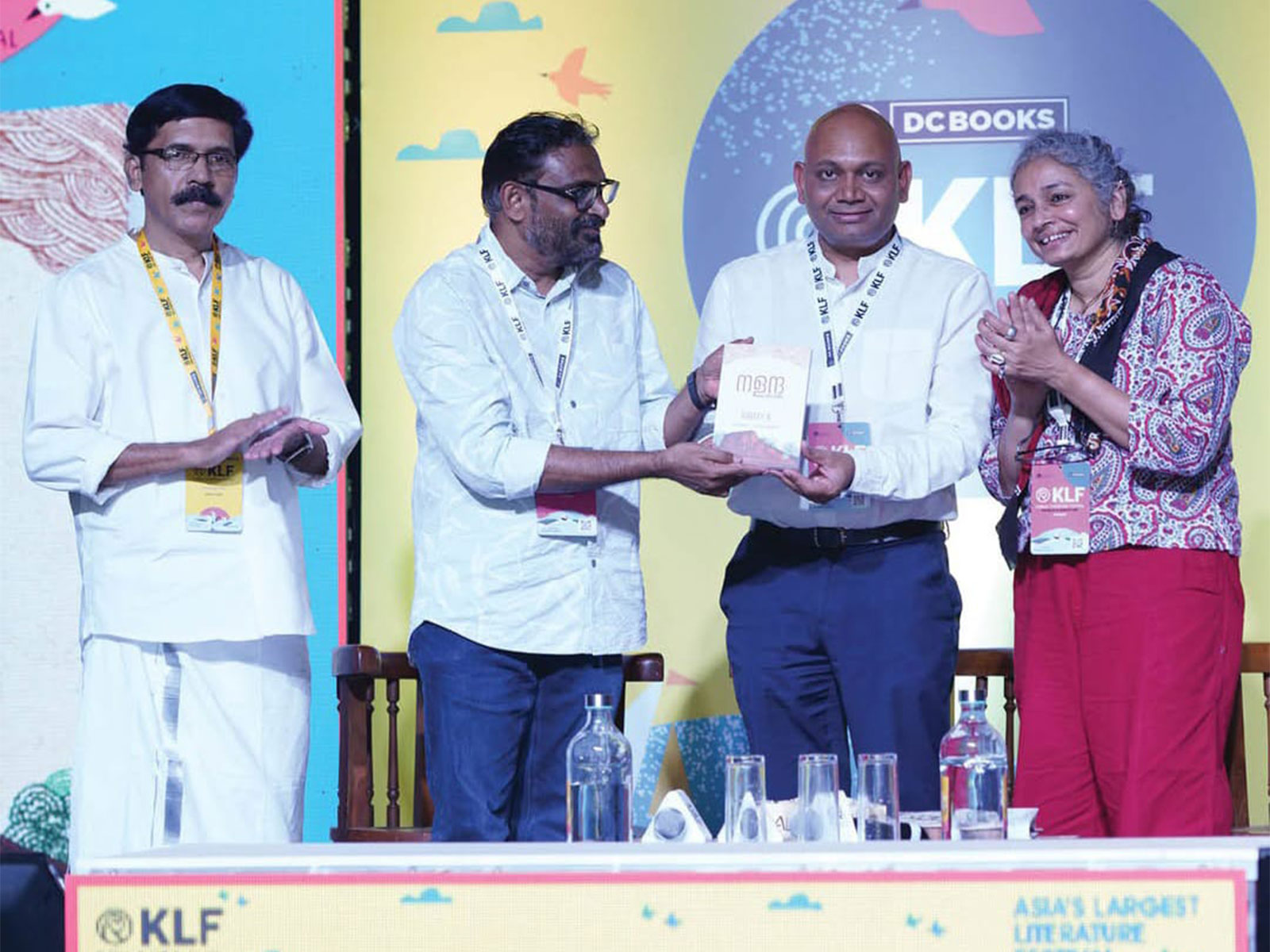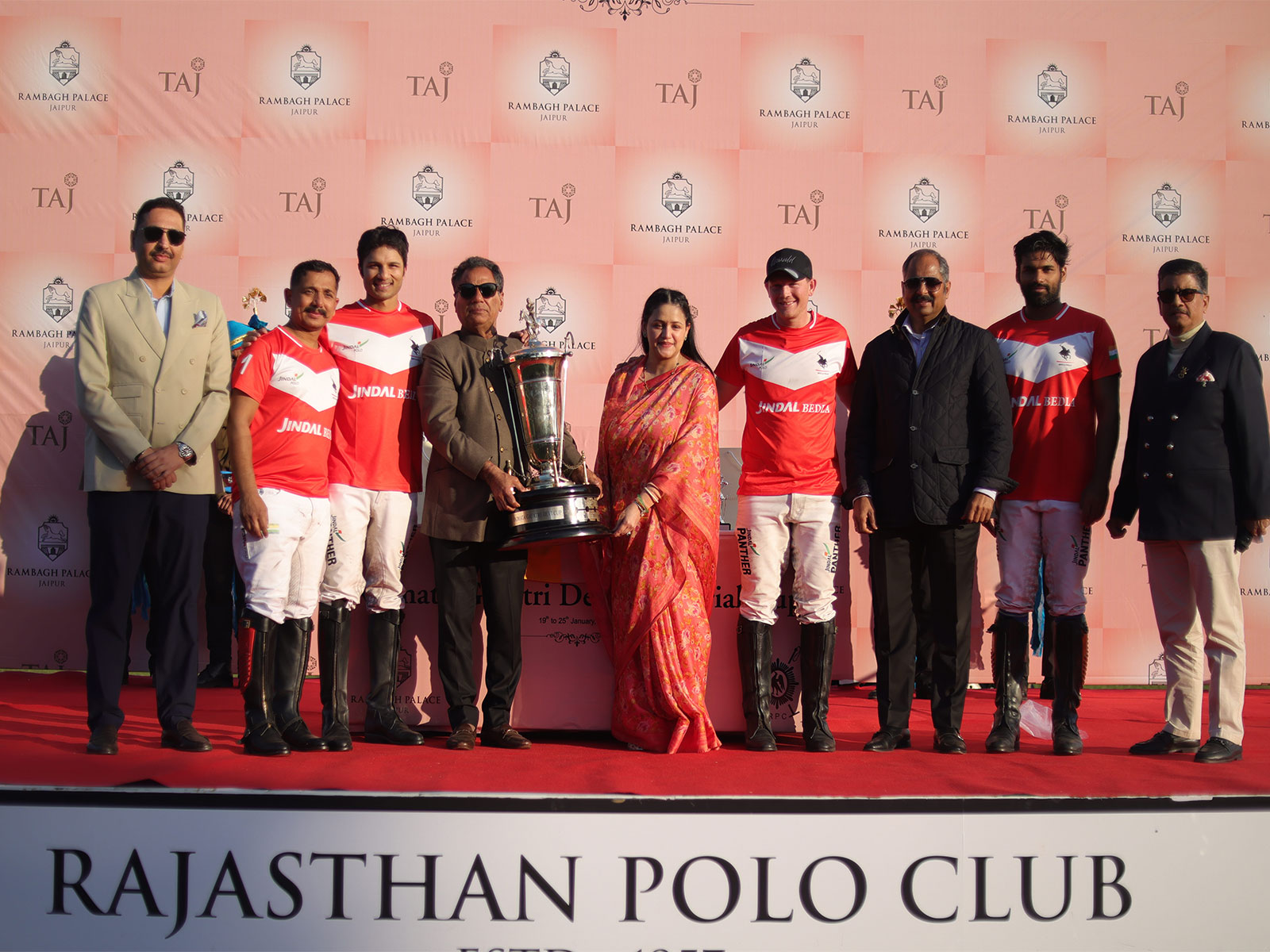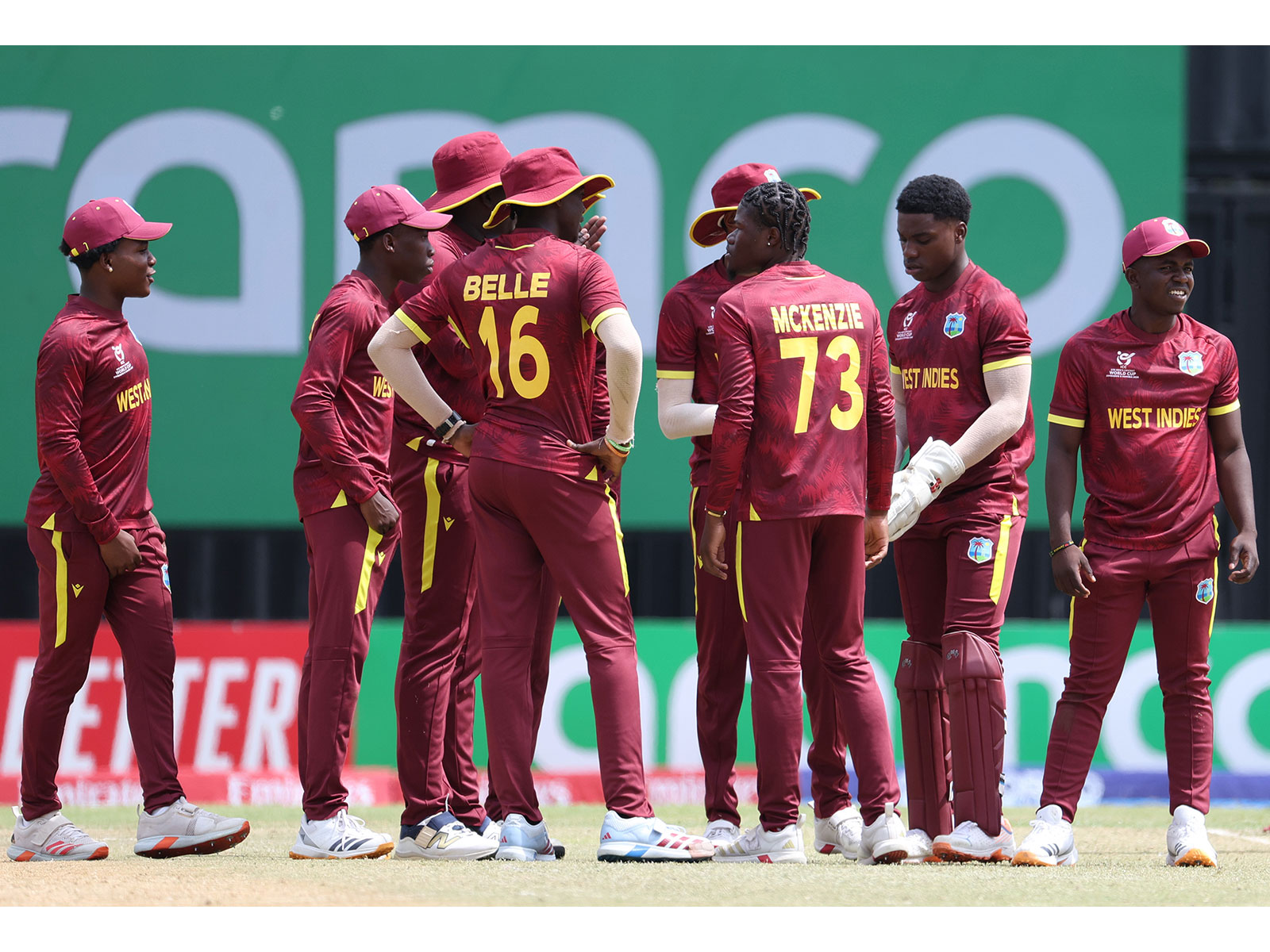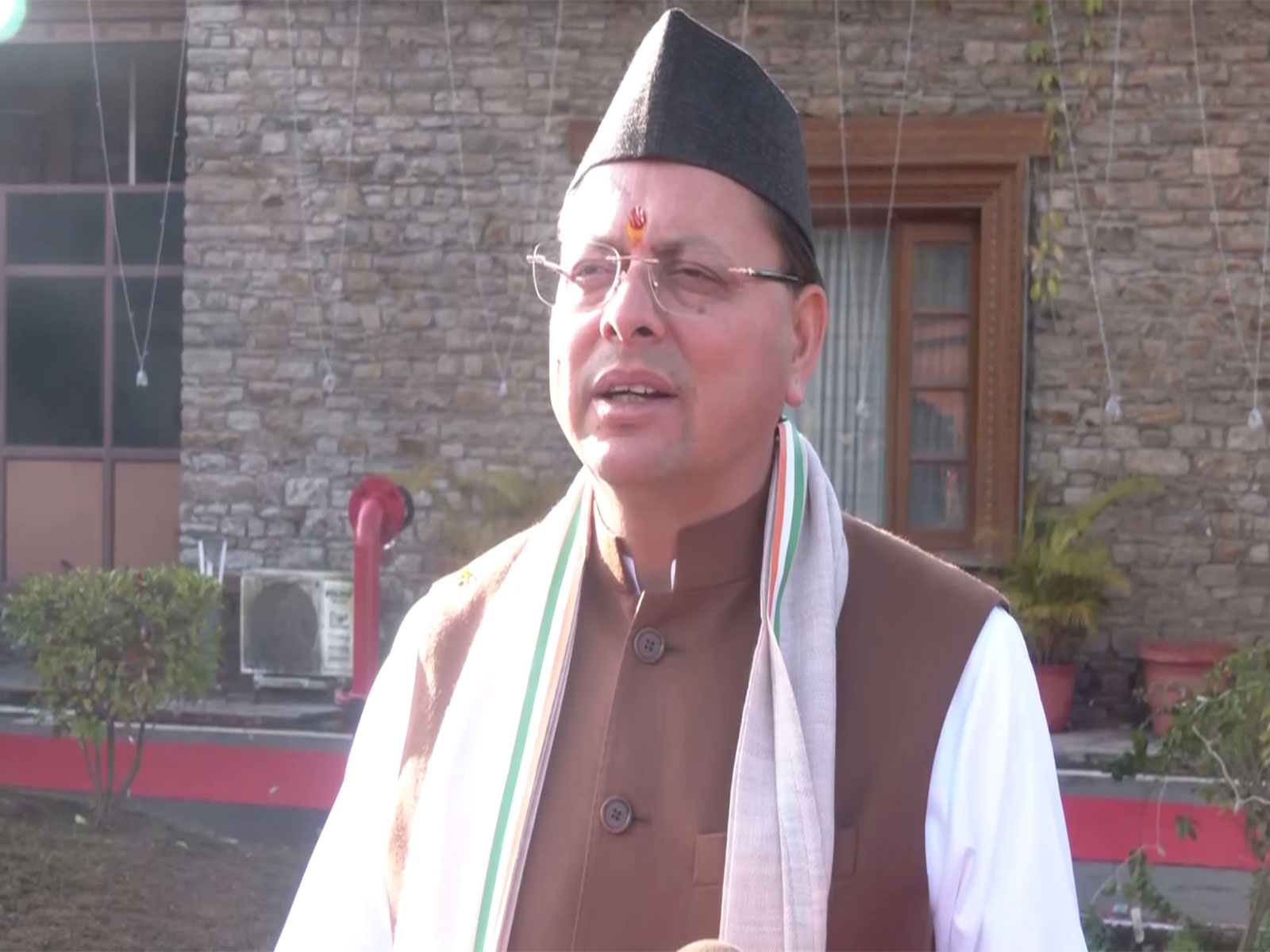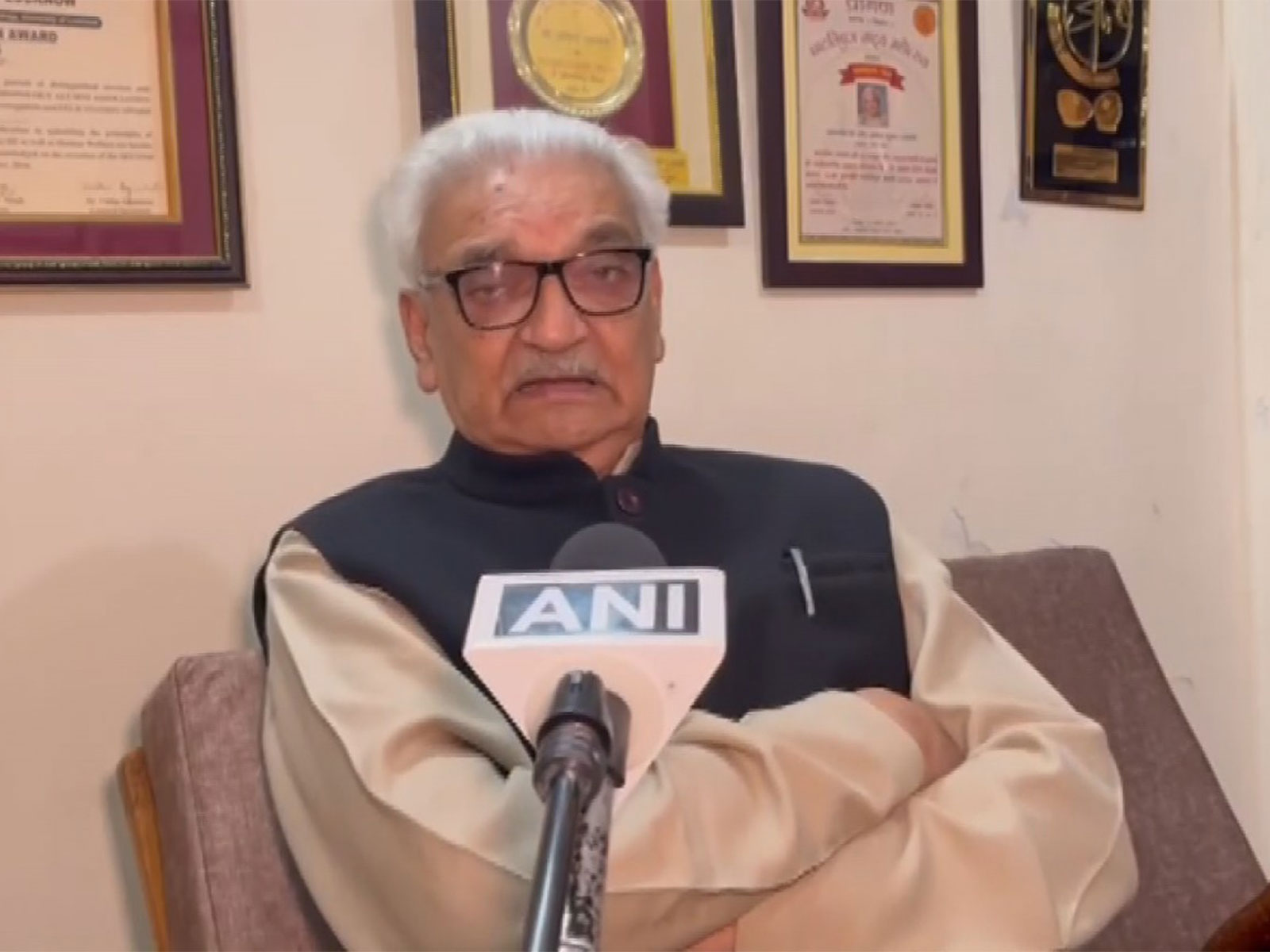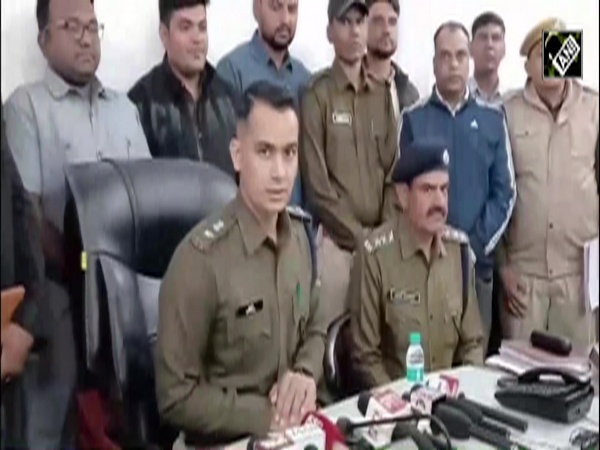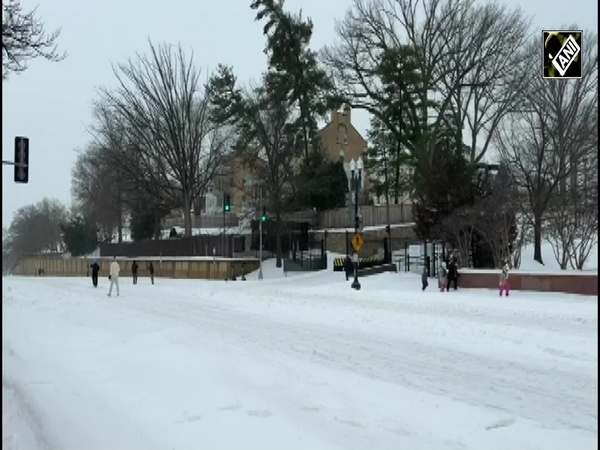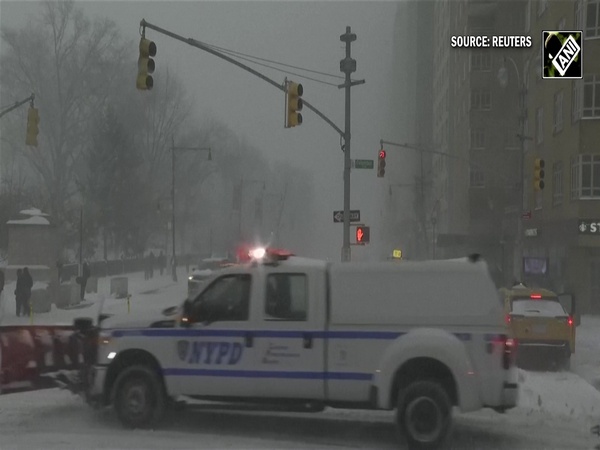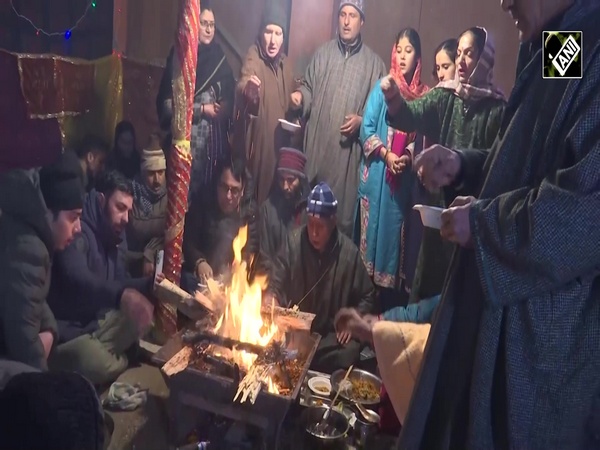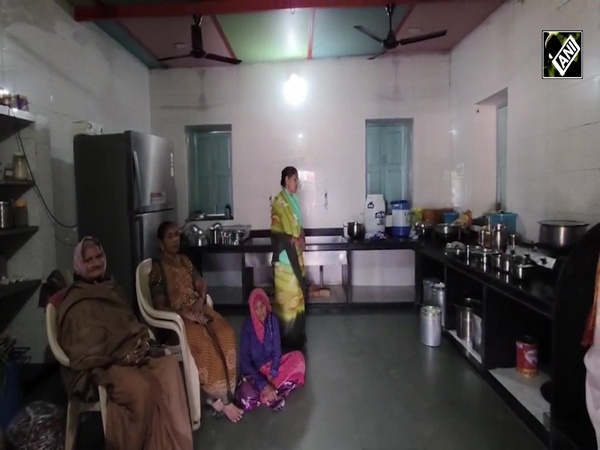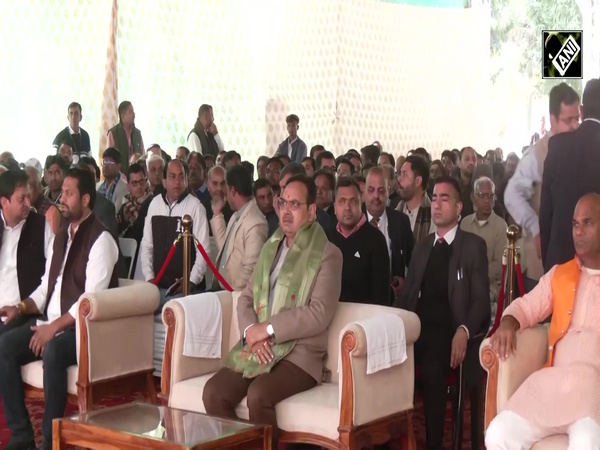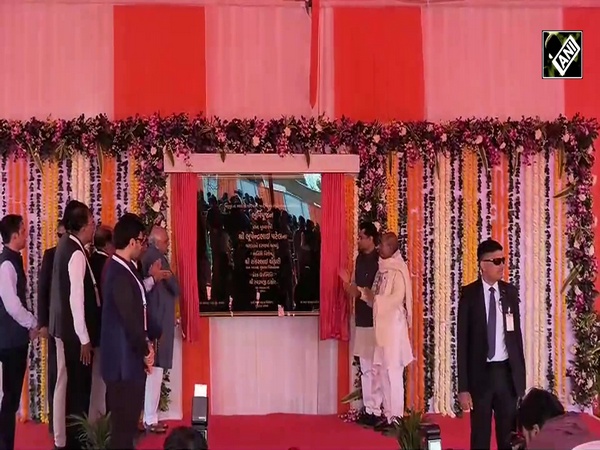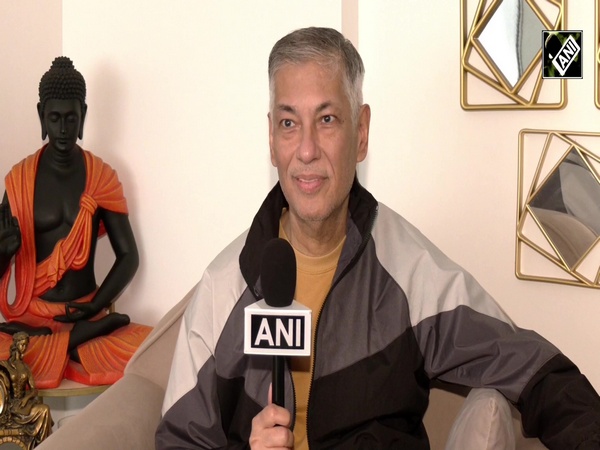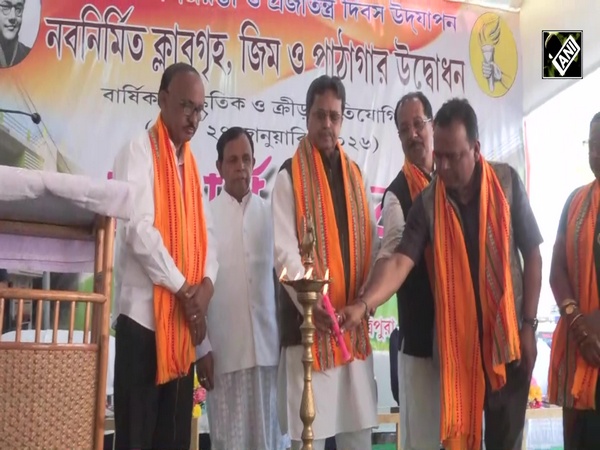Bangladesh's situation tensed, volatile and unpredictable, says Jatiyo Party Secretary General
Jul 19, 2025
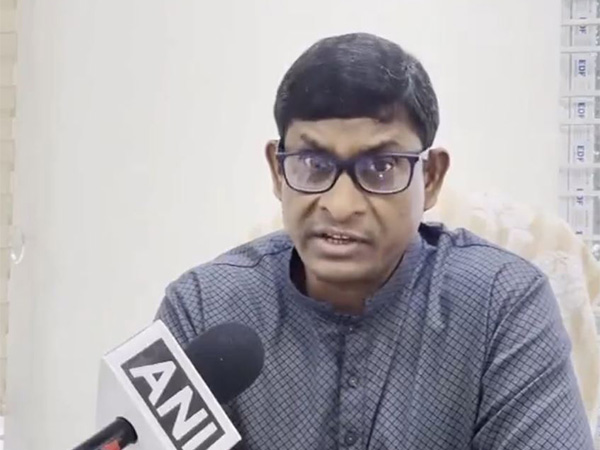
Dhaka [Bangladesh], July 19 : The third-largest political party in Bangladesh, Jatiyo Party, has expressed serious concern over the country's deteriorating political climate following a violent incident in Prime Minister Sheikh Hasina's hometown, Gopalganj.
The party claims that there is no level playing field for the upcoming general elections, and no visible preparations are underway for the polls scheduled in February.
"The situation is very tense, obviously. It's not stable at all, very volatile and unpredictable. I think if the country is going for an election in February, I don't see any symptoms that the machinery of government and the political parties are genuinely preparing themselves for the election. Instead, what they are propagating at some point in time, I think it's violence," said Shameem Haider Patwary, Secretary General of the Jatiyo Party, in an interview with ANI on Friday.
Founded by former military ruler General Hussain Muhammad Ershad, the Jatiyo Party had previously formed a "Grand Alliance" with Sheikh Hasina's Awami League.
Patwary believes tensions escalated when the National Citizens Party (NCP), a group that led a movement to oust Hasina, entered the Awami League stronghold of Gopalganj.
"It is axiomatic. If NCP goes to Gopalgonj and they shout slogans against Sheikh Hasina or Bangabandhu Sheikh Mujibur Rahman, it will agitate the people. Initially, it was for their July movement, but for Gopalgonj, it was renamed "March Gopalgonj". There was a theory that the feelings on that day, at the graveyard of Bangabandhu Sheikh Mujibur Rahman, could have been demolished. So that created an assumption of protection measures among the locals," he explained.
Patwary added that certain regions in Bangladesh are strongholds of specific political parties and should be approached with political wisdom.
"I think there are certain pockets in Bangladesh where certain parties are extremely popular, like Bogura, where BNP is popular; Rangpur, where Jatiyo Party is popular; and Gopalgonj, where Awami League is very popular. It is not wise to go there and create anarchy. I think it was a politically unwise decision to go to Gopalgonj at this point. It was unnecessary, excessive, and disproportionate. Earlier, many state leaders avoided visiting or meeting in Gopalgonj to avoid the bloodshed," he added.
"At least six to seven people died; some say more than that because of the visit. So I think when the election is knocking at the door, everybody should prepare for peaceful coexistence; at this moment, this struggle and civil war-type situation are very dangerous for democracy and inclusive voting," he warned.
He also alleged that properties of the Jatiyo Party have been targeted.
"Yes, our party office had been burnt down; the central office and some of the local offices had also been demolished. Not only that, our Chairman's personal residence in Rangpur has been set on fire. These factors indicate that there is currently no level playing field. So fairness is quite utopian at the moment, and also if you think inclusively by a temporary order until the court verdict," he said.
Patwary pointed out that the Awami League's activities have been temporarily banned and its registration as a political party has been suspended while court proceedings are ongoing.
"Till the court case is ongoing. Awami League (activities) is banned primarily and temporarily, and also Awami League registration as a political party is suspended. So the government is heading towards the election without the Awami League. All parties are heading towards an environment that is congenial for some and completely uncongenial for others. So, there is no level playing field at all," the Jatio Party leader said.
He further alleged bias in the administration's conduct.
"The administration is led by certain ruling parties. Additionally, when you see the NCP people moving, they receive full government support, local administration support, and everything else. If the government favours one party, the government automatically disfavours the other parties, creating an uneven field for the election. Obviously, it will create political enmity among the parties and erode the government's trust. Many parties soon will start believing that a fair election is not possible with this government," said Patwary, a barrister by profession.
Regarding Sheikh Hasina's stay in India, Patwary said, "As an asylum or as a refugee to save life, anyone can stay in any country. I don't see any illegality in that."
The Jatiyo Party leader emphasised the importance of people-to-people relations with India.
"Obviously, India is our only neighbour, practically. Myanmar is a civil war state. But the only neighbour we have at this moment is India. We have thousands of kilometres of borders with India. More than a million people go to India for low-cost, high-quality medical treatment. It is not easily possible to create a substitute for these patients. We have a dependency on India for essential commodities. India also has some dependencies. If Bangladesh is unstable, it will automatically create tensions among the seven sisters," he stated.
He cautioned that instability in Bangladesh could affect India's northeastern region, known as the Seven Sisters.
"After the fall of Sheikh Hasina, a group of people started shouting against India and started misquoting India. They create a new map sometimes. Sometimes, they said the seven sisters will be disturbed. These unnecessary comments from the government level of Bangladesh or this government have created tensions between India and Bangladesh.
Patwary also noted that Indian leaders have acknowledged the political shift in Bangladesh.
"Foreign Minister S Jaishankar, at a certain point, said yes, the government changed. Sometimes it changed metrically; we have to accept it. Vikram Misri, the Indian Foreign Secretary, met with the Chief Adviser of Bangladesh during his visit. Later, there was a meeting between Narendra Modi and our Chief Adviser. We have to accept that we are neighbours. We have to work together. No country has the right to comment on matters that affect another country's sovereignty or security. Regional security is a big concern at the moment. The Jatiyo Party wants dignified relations with India and a dignified friendship. In 1971, India provided us with significant assistance. We have to remember that. Relations should have been people-to-people, not only government-to-government. Earlier, for some reason, it was only government-to-government. Now, steps should be taken for people-to-people relations. We do not have enough alternatives. India also lacks sufficient alternatives. We are surrounded by India. These vice versa dependencies we have to acknowledge from both sides," he noted.
On allegations of minority oppression in Bangladesh, Patwary admitted, "Some of them might be true. However, whenever a power shift in this country or a transition occurs, it is always the minority who feel apprehensive and scared. Because we do not have enough institutional protections for them. The institutional structure that can protect minorities from any atrocities, civil war situations or any riot. The police are not currently functioning. If anything wrong happens to them, who will protect them? That protection machinery at the moment is missing."
